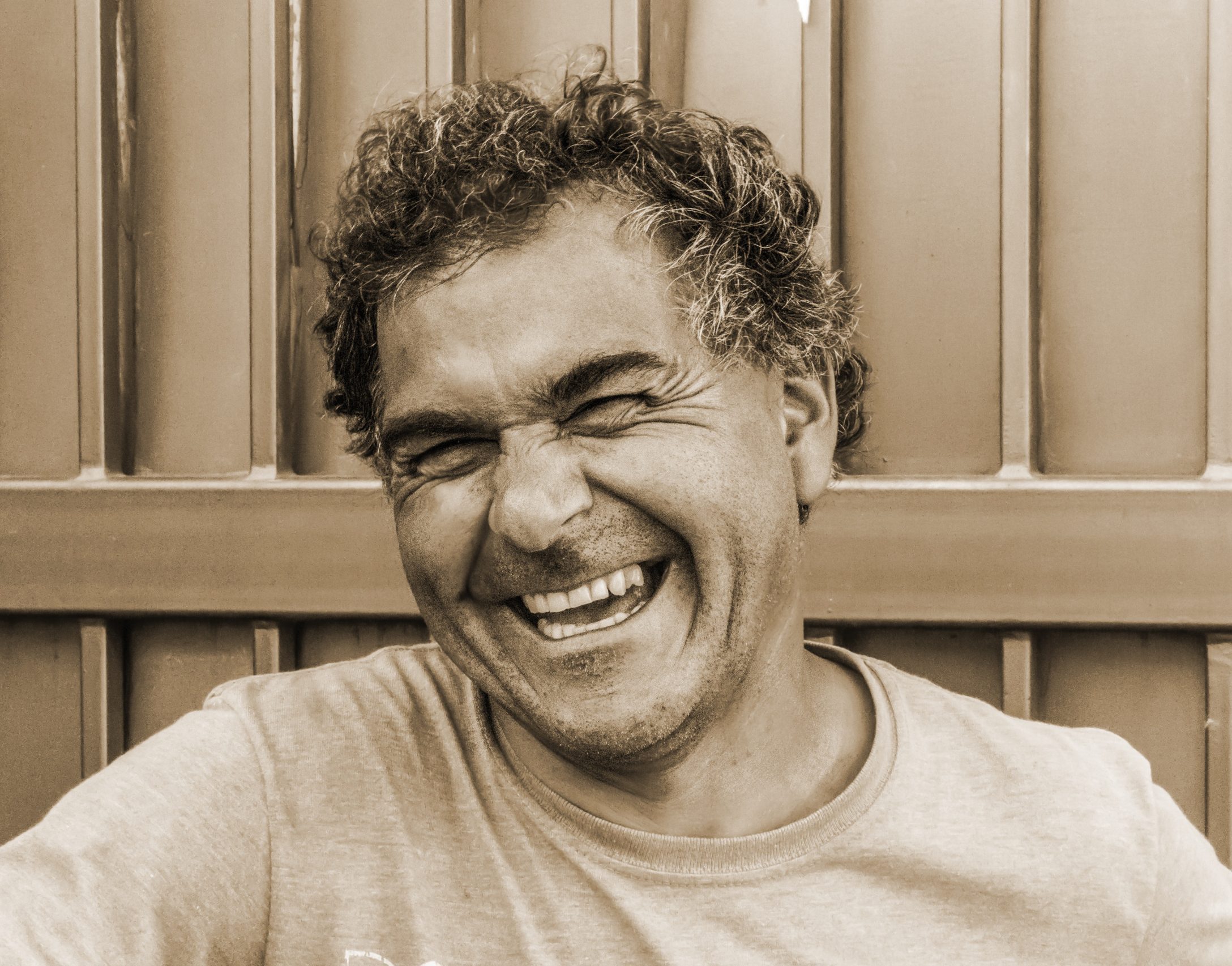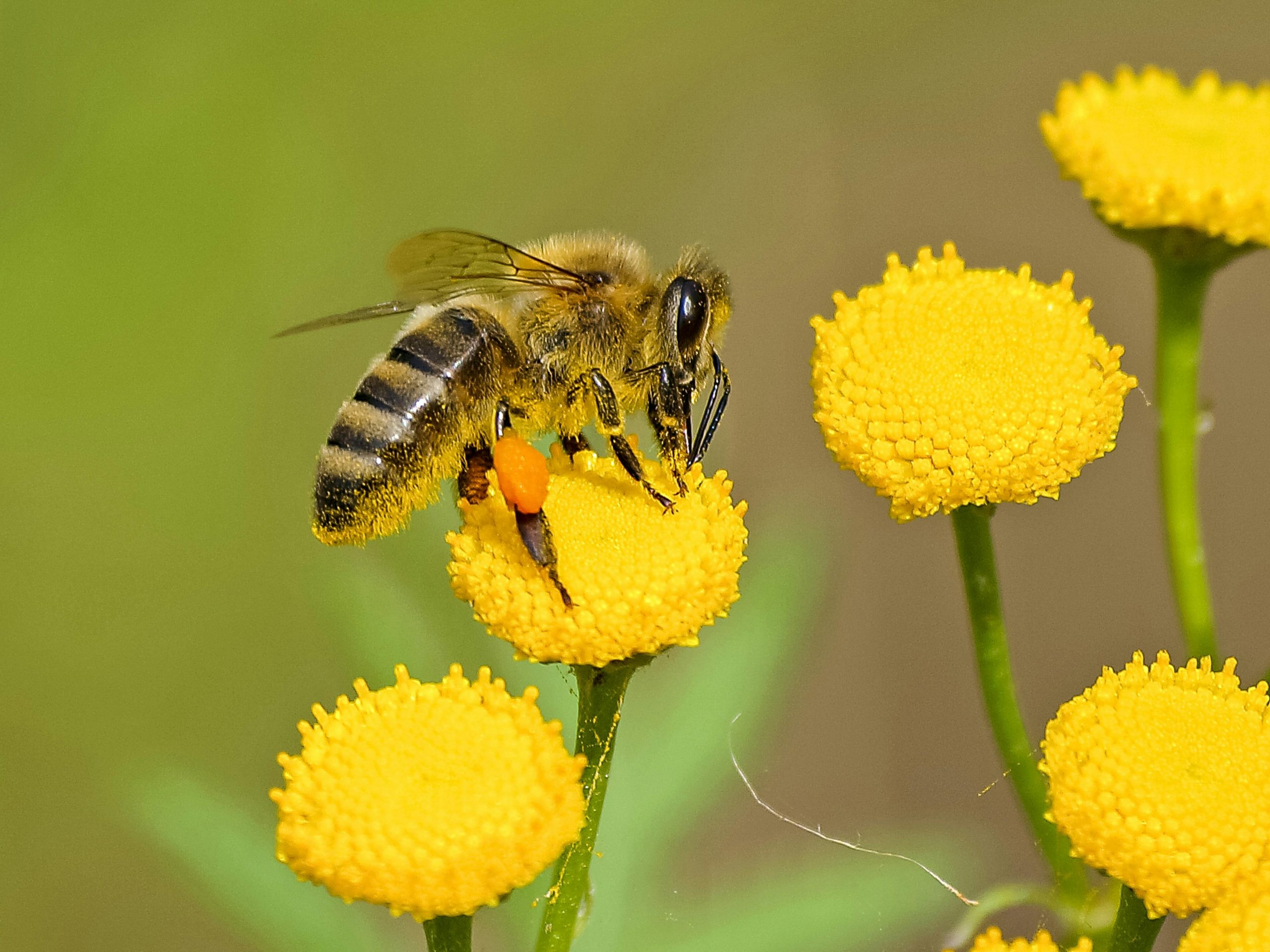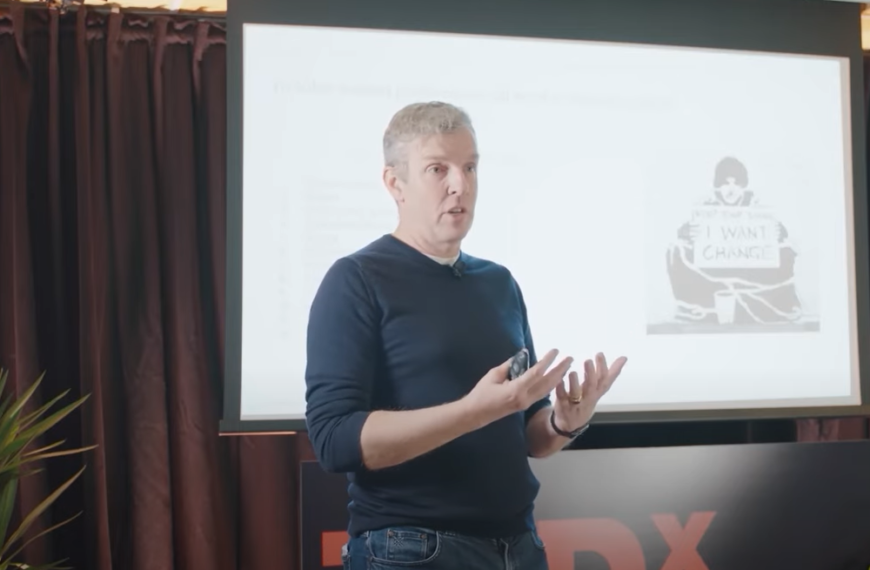Tomorrow (2 April 2022) is World Autism Awareness Day, but every day is autism day in our house, and this is the same for many other households. Around one percent of the population have a diagnosis of Autism Spectrum Disorder (ASD), and there are an estimated three million family members and carers of autistic people in the UK. We are those family members. Our son, Sam, has ASD.
ASD is essentially a group of features associated with autism but referring specifically to neurobiological diversity. Presentation is varied and may include a proclivity for routines, difficulties with traditional communication methods and sensory disorders. Living with ASD affects not just the individual but also parents, siblings and the wider family and friends. It’s a complex problem and can cause a great deal of stress, with the added emotional pressures, financial strain or physical demands of caring for individuals with ASD.
In our house like many others, autism is part of our daily lives and, in this blog, I want to share a little insight into that life for us and for Sam.
We know that when our son is home he will dash through the back door, dump his bag in the utility, hang his coat up and then rush into the study to turn on his computer. He will then shout out, “crisps and humous please” and “fizzy orange” and all will be right with his world … and ours.
Any deviation will be a challenge, which some days he has the capacity to flex on, but other days results in him hitting himself and getting disproportionately upset.
In our house, living with autism has meant years fighting for Sam’s human rights and his basic freedoms. This was necessary simply for him to have the opportunity to enjoy fulfilling life. Like so many parents of children with disabilities you learn to dig deep and meet these challenges, leaning into seemingly impossible situations.
We have had to learn how to manage our responses to the endless bureaucracy we face in our battle to get funding for educational and supported living placements. We have also had to learn how to respond to the heart-breaking meltdowns that our son has for seemingly no reason, often several times a day. In our house there is a constant tension as we search for ways to help our son manage his responses to life.
However, there is also an upside. When we experience our son rising to a new challenge and getting a lot of happiness from his achievement, that happiness is infectious.
Our son is lucky, we have managed to secure him his own home. Sam lives with his friends from college, but with 24/7 support. Every week he has a predictable schedule of activities. Some activities encourage him to socialise, others have a developmental purpose where he can learn new skills or practice ones that he struggles with. He knows that on certain days, he must help organise his laundry or cook dinner or clean his house. He has the freedom to ask for visits to places he finds interesting. Sometimes he must be patient and wait. It helps when an activity is written on his calendar, as he can relax and know that it will happen.
We know that Sam is lucky in many ways. Sadly, there are many people who have ASD but are undiagnosed or do not have people around them to help get the support they need.
One of the greatest acts of support you can give friends, colleagues, siblings, or children with ASD is to improve emotional regulation – either for them or for yourself. By understanding how our feelings influence our thoughts and behaviours, we can better guide and support the people around us. Individuals with ASD are often hypersensitive to their physical surroundings and social situations. They can often jump from being content with what’s happening to being incredibly anxious or overwhelmed by their emotions.
The features of autism mean it can be hard for those with the disorder to participate fully in society. It’s something we’ve been fighting for on behalf of Sam for many years. It’s also something recognised this year in World Autism Awareness Day. For 2022, the UN has chosen ‘Inclusion in the Workplace’ as their theme for autism awareness – only 21.7% of adults with autism in the UK are in any form of paid employment. Meeting these workplace challenges takes a little bit of creative thinking.
In Sam’s housethey are contributing to their local community in ways that are meaningful to them. Last week they raised £150 for Comic Relief by running a cake stall at the end of their drive. Three times a week, one of the boys takes food donations from a local supermarket to the local food bank and helps distribute it. As a household, and with the right support, they are becoming increasingly involved in their local community.
On World Autism Awareness Day, I hope I have given you a glimpse into a home where individuals with ASD are living with purpose and meaning. It is my wish that this becomes the norm and that we aspire to meaningful living no matter our individual challenges …. autism or otherwise.




